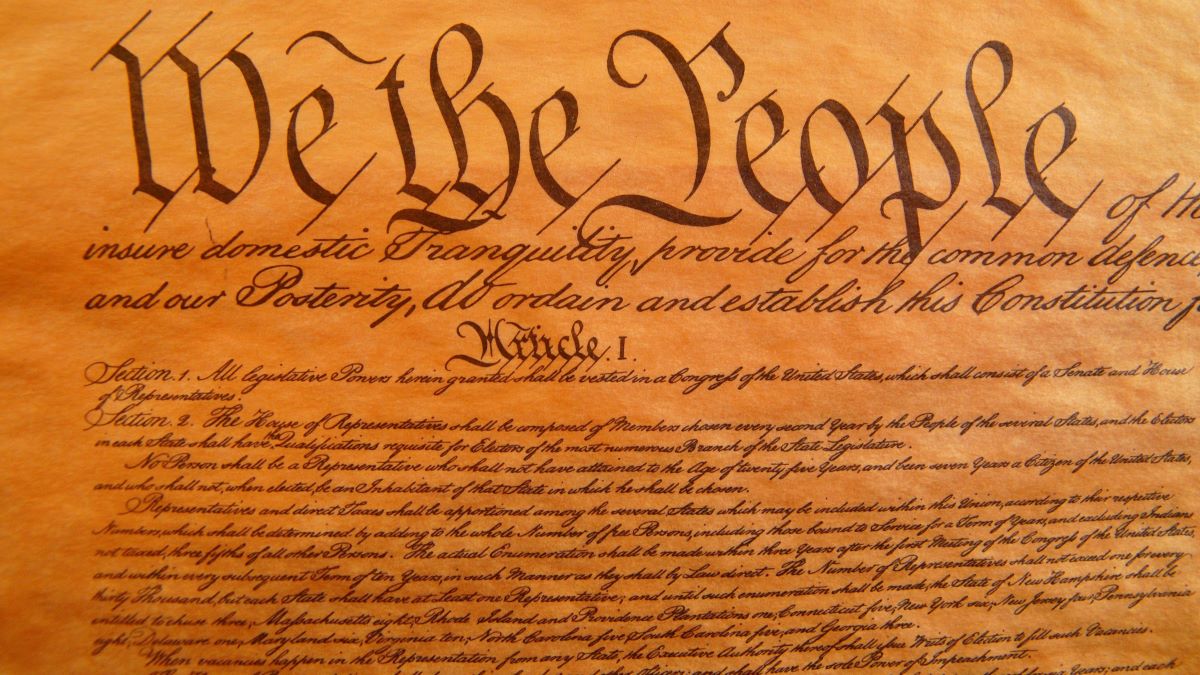Emily Sneff calls the copy of the Declaration of Independence sitting behind glass at the National Archives “timeless in the worst way.”
“It says July 4th on it, but it was created after July 4th. It says unanimous, but one of the colonies had to abstain. And of course, it's signed by a mix of people who were there and voted for independence, or who were there and voted against independence,” Sneff said.
Though it’s a seminal document, Sneff says it doesn’t represent how ordinary people got the news that they were now independent.
Sneff has been studying the Declaration in one form or another for almost ten years.
This is her fifth — and final — year at William and Mary, where she’s working on her dissertation.
“If we only focused on the parchment that's in the National Archives, we're really missing out on a lot of other experiences of what the Declaration was like,” Sneff said.
Sneff is looking at how the Declaration was received by regular people rather than the 56 men who signed the document that’s on display.
Sneff read firsthand accounts of people receiving the news, from soldiers in Boston to loyalists in Virginia — Americans who had very different reactions to the Declaration. Even the patriots weren’t sure the United States would last very long, Sneff said.
For her dissertation, she’s examined hundreds of copies of the Declaration — from manuscripts to excerpts printed in broadsides in North America and Britain.
“A lot of these copies were ephemeral,” Sneff said. “They weren't meant to survive past the …breaking news period.”
Through those, she’s able to see the information everyday Americans would have seen.
Broadsides printed in London were particularly interesting, Sneff said.
Half of the London newspapers printed the Declaration the same way it looked in the U.S. But the other half censored it.
“Any references to the king as a tyrant, they tend to sort of put a dash there instead of the word tyrant,” Sneff said. “Something that readers would understand what the text originally said. The printers are kind of covering themselves from potentially being charged with sedition.”
One newspaper even changed the pronouns in the list of grievances so that the Declaration seemed to blame Parliament instead of King George. Sneff said there was no notice to readers that words had been changed.
Sneff is interested in how readers interpreted those changes, and if it influenced public perception of the colonies for ordinary Englishmen.
Sneff aims to disrupt some of the most common ideas around a document she called “part of our national DNA.”
“There's a lot more questions and a lot more people involved in the process of spreading this news than I think we necessarily think about when we celebrate July 4th,” she said.


